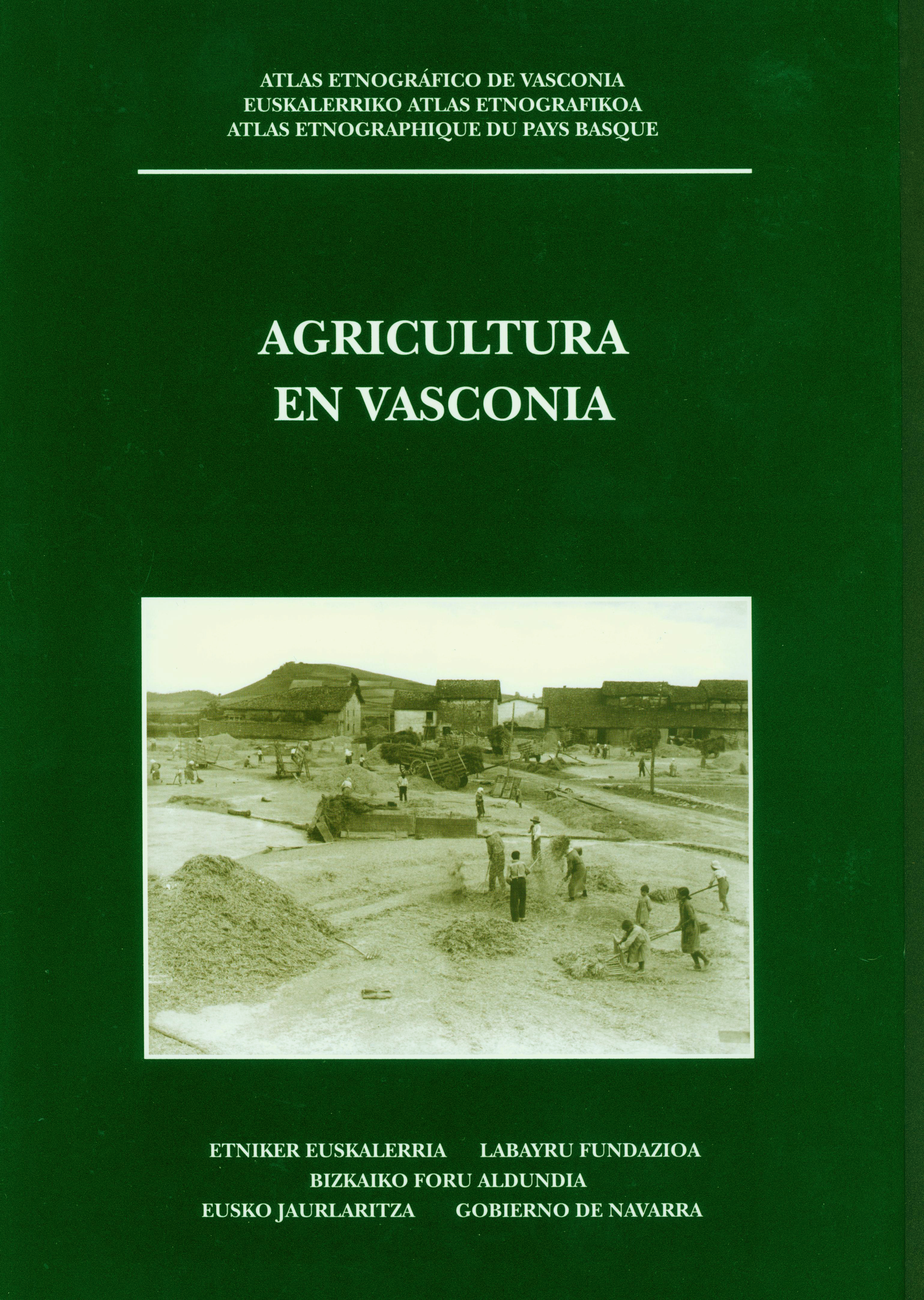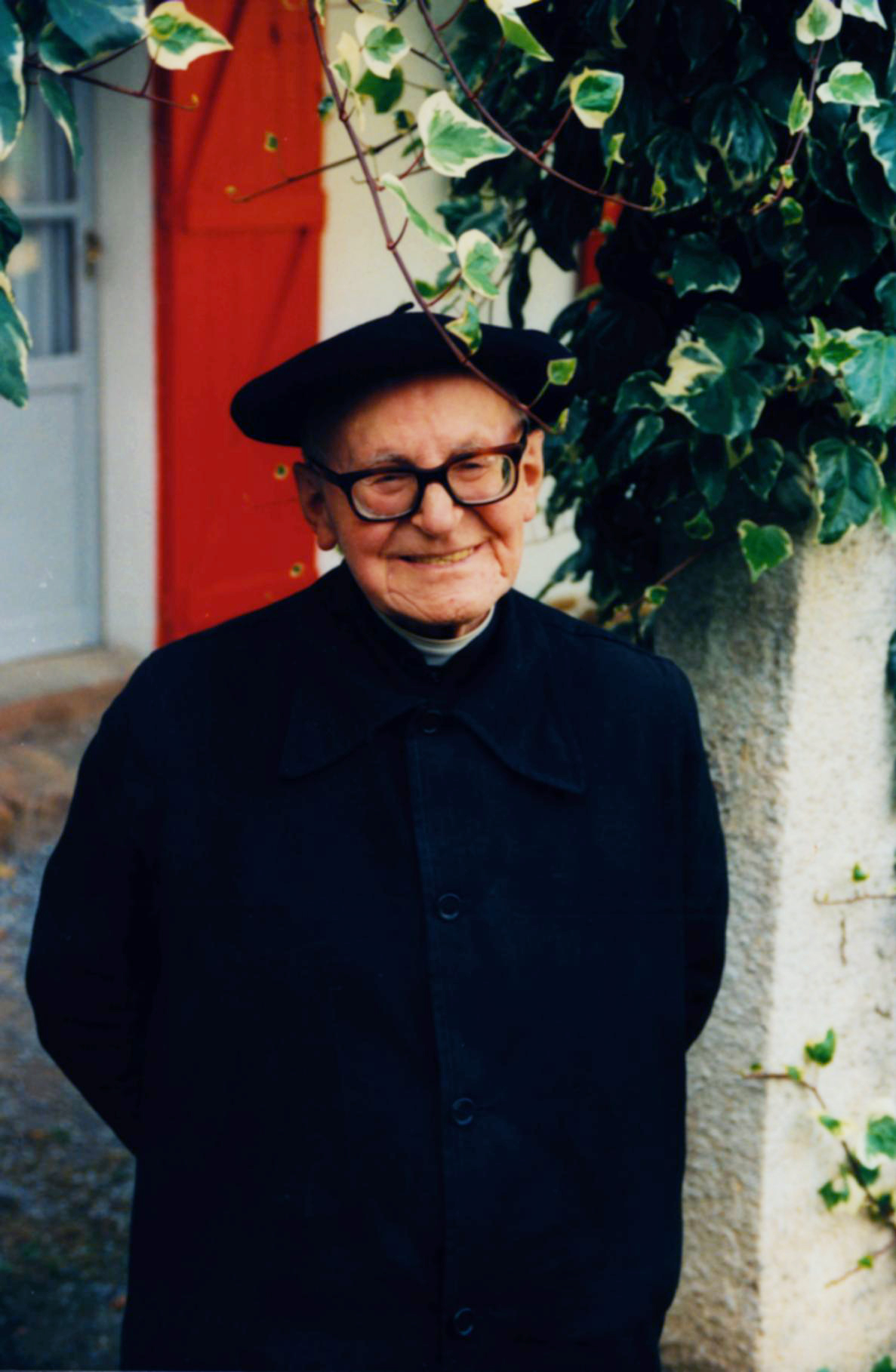Archives

Cover of the work Agriculture, only recently published (2017) eighth volume of the Ethnographic Atlas of the Basque Country.
Intensive, industrial crop and livestock farming provide food for an elite part of the population today. They are a minority who have allowed themselves to turn their backs on the rural world, except to engage in sports and leisure activities or build a second house, and more, they have decided to eat the inedible. Both sectors have become entrepreneurial undertakings that do not produce food but raw materials from which processed products still called food by tradition or as a mere euphemism are manufactured through complex industrial processes and offered in vast visual displays on supermarket shelves. Such farming methods require large energy inputs and are major contributors to climate change for their high greenhouse-gas emissions. (more…)


